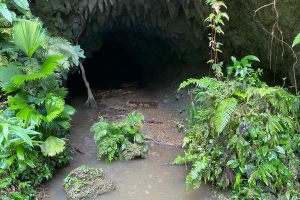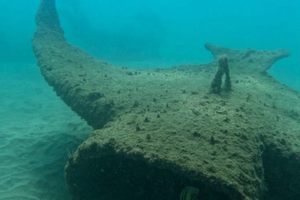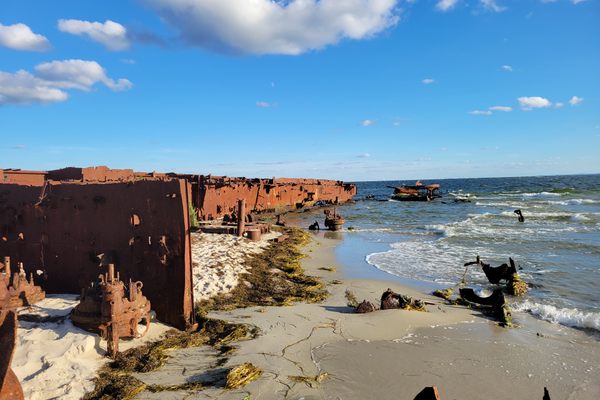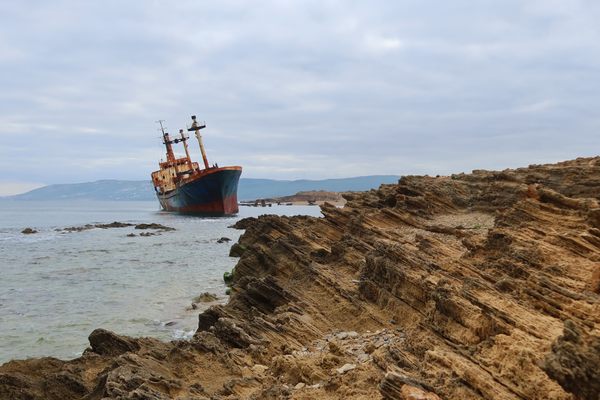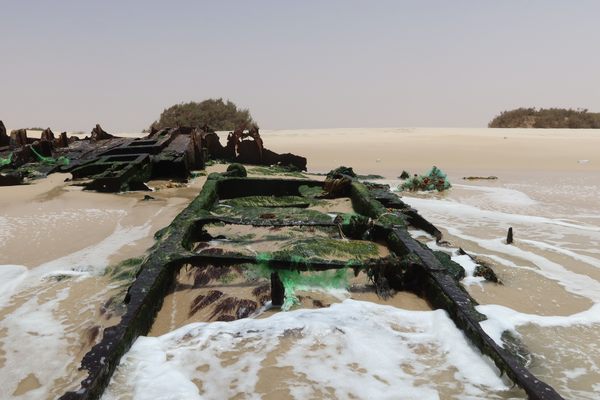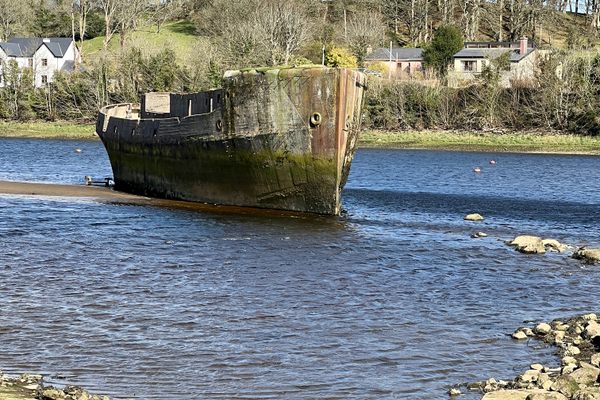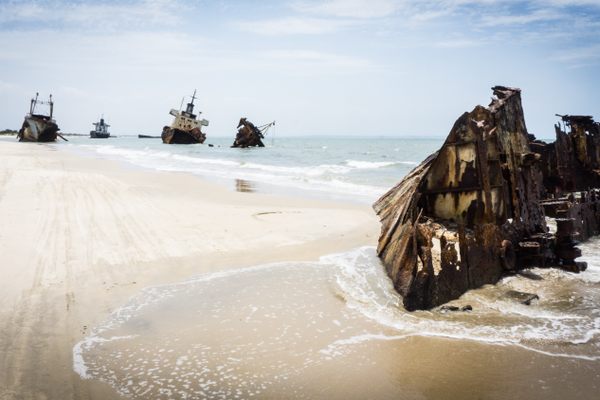About
On December 8, 2017, the Yicel was sailing north along Costa Rica's Caribbean coast when it began taking on water. Built in 1961, the 135-foot-long ship was headed for the port of Limón to pick up cargo, but a hull failure halted its progress.
Water began to enter through the cracks and when the pumps failed, the crew could not remove the water. Rather than sink at sea, the captain made the decision to cross the reef and intentionally ground the vessel, and the Yicel ran up onto Playa Grande on the edge of the sleepy fishing village of Manzanillo, 40 nautical miles south of its intended destination.
The Panamanian captain and Columbian crew members escaped with no injuries, but the village had a ticking time bomb on its beach. While the vessel was empty of cargo, according to Costa Rica’s Ministry of Environment it was still carrying 1,600 gallons of diesel fuel, plus a full tank of hydraulic oil. A leak would be devastating, not only to the fragile marine and jungle habitat but also to the community that derives its income from fishing and ecotourism.
Working with the cargo ship’s owners as well as the Maritime Ports Division, the Ministry of Environment checked the fuel lines for cracks and, finding none, used a system of pumps and bladders to offload all of the fuel. Despite the rough seas, the vessel was safely emptied 11 days after running aground.
Originally the Costa Rican government planned to pump the water out of the boat and float it so it to be towed to port, but this plan never came to fruition. Today, the ship remains on the beach. Partially buried in the sand, it’s now a canvas for art and a destination for urban explorers.
Related Tags
Know Before You Go
The wreck of the Yicel is accessible from the beach.
Community Contributors
Added By
Published
October 10, 2023



















